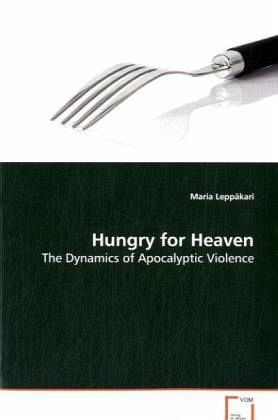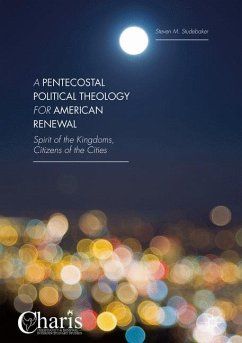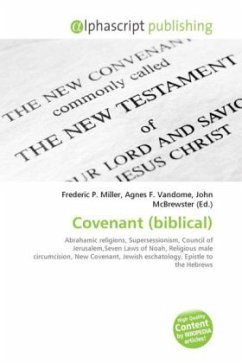
Hungry for Heaven
The Dynamics of Apocalyptic Violence
Versandkostenfrei!
Versandfertig in 6-10 Tagen
39,99 €
inkl. MwSt.

PAYBACK Punkte
20 °P sammeln!
Why do some endtime enthusiasts become violent whileothers do not? There are no simple clean-cut answersto the question. From the perspective of comparativereligion the author presents some guidelines forunderstanding the complexity of rhetorical''apocalyptic terror''.By focusing on the end she argues that hunger forurgent and dramatic societal change does notautomatically imply violent behaviour. Leppäkari uses case studies and theological analysisto tackle the problem of violence within the contextof Jewish and Christian endtime activists workingfrom within the city Jerusalem and argues tha...
Why do some endtime enthusiasts become violent while
others do not? There are no simple clean-cut answers
to the question. From the perspective of comparative
religion the author presents some guidelines for
understanding the complexity of rhetorical
''apocalyptic terror''.
By focusing on the end she argues that hunger for
urgent and dramatic societal change does not
automatically imply violent behaviour.
Leppäkari uses case studies and theological analysis
to tackle the problem of violence within the context
of Jewish and Christian endtime activists working
from within the city Jerusalem and argues that
intense transmissions of apocalyptic representations
are sources of inspiration which can motivate people
to act, whether peacefully or violently for a cause.
When making a transition from "interpreting God s
will" to "acting out God''s will", significant changes
have taken place. These changes in apocalyptic
tendencies need, however, not to result in outbreaks
of violence.
others do not? There are no simple clean-cut answers
to the question. From the perspective of comparative
religion the author presents some guidelines for
understanding the complexity of rhetorical
''apocalyptic terror''.
By focusing on the end she argues that hunger for
urgent and dramatic societal change does not
automatically imply violent behaviour.
Leppäkari uses case studies and theological analysis
to tackle the problem of violence within the context
of Jewish and Christian endtime activists working
from within the city Jerusalem and argues that
intense transmissions of apocalyptic representations
are sources of inspiration which can motivate people
to act, whether peacefully or violently for a cause.
When making a transition from "interpreting God s
will" to "acting out God''s will", significant changes
have taken place. These changes in apocalyptic
tendencies need, however, not to result in outbreaks
of violence.












